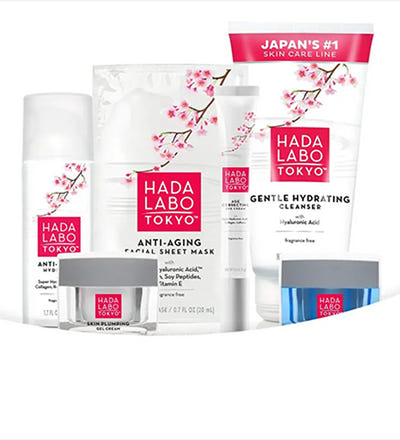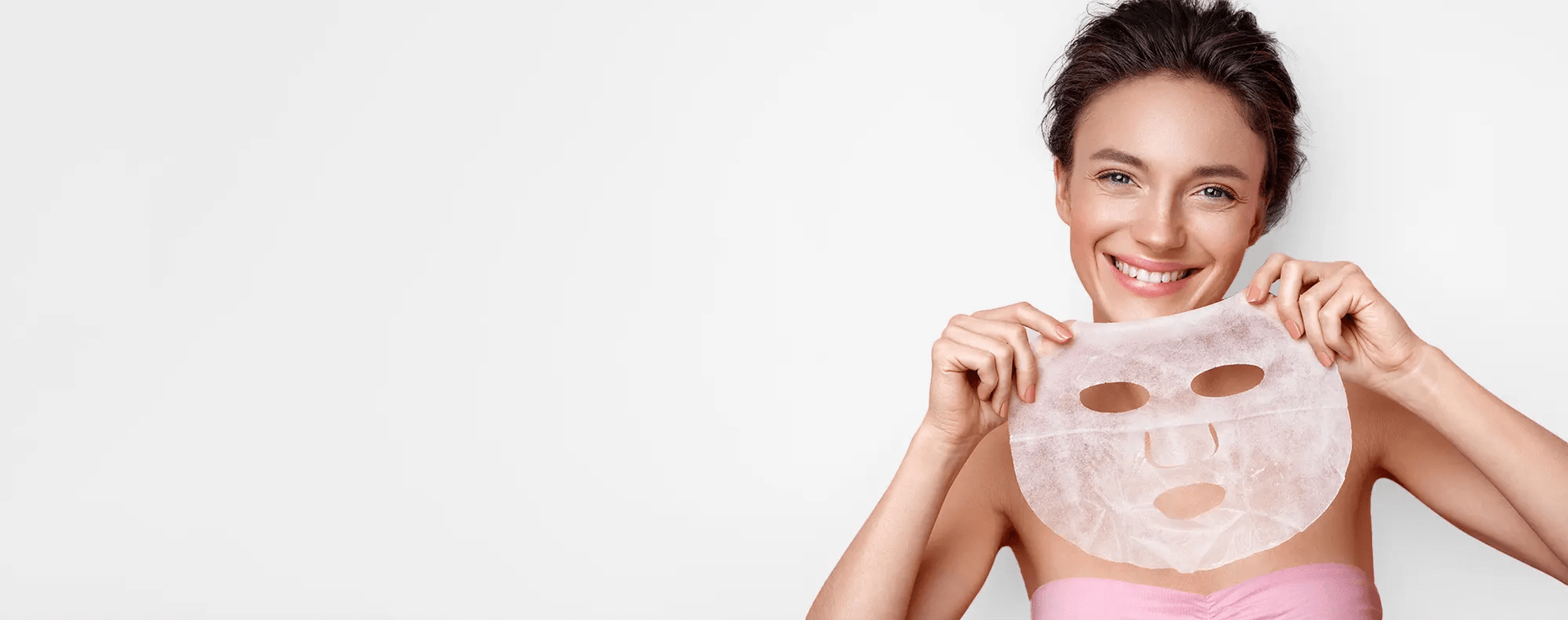Face masks, especially in sheet form, have become an integral part of skincare routines worldwide, shedding the old image of green goo and cucumber slices. Their popularity is evident from countless photos of models and influencers who stylishly combine nourishing masks with accessories like jewelry, turbans, and sunglasses. However, this trend is more than just a fashion statement; it's a testament to the masks' ability to rapidly enhance skin health. Here's how to incorporate them into your daily skincare regimen.
A Brief History of Face Masks
The concept of face masks for intensive skin nourishment dates back to ancient times. In Asia, Ayurvedic medicine in India used herbal body masks known as ubtan, while China favored masks made of powdered pearls and jade. Cleopatra in Egypt famously used Dead Sea mud masks. Over the centuries, women have experimented with various materials, including raw veal and lead for skin brightening, and even radium-based masks in the 1920s, unaware of the dangers. Today, we prefer less controversial and more natural solutions, often using homemade masks with ingredients like honey, yeast, or eggs. With the advancement of the cosmetics industry, ready-made products, particularly sheet masks, have become highly effective and convenient for skincare.
The Rise of J-Beauty
Asian face masks gained popularity in Poland only a few years ago, but they quickly became beloved. Asian women, particularly Japanese, are renowned for their meticulous skincare routines. Their alabaster, thick, and smooth skin is often attributed to a focus on skincare over makeup. Japanese women prioritize protection against photoaging, frequently using cosmetics with high UV filters.
Sheet masks, possibly first created by Japanese Geishas, who used silk scraps soaked in rose water, have become a global sensation. Japanese skincare, or J-beauty, emphasizes quality and simplicity, with products featuring transparent compositions rich in skin-moisturizing substances. This philosophy ensures that cosmetics do not contain unnecessary additives that could burden the skin.
Benefits of Face Masks
While not essential, face masks significantly enhance skin quality. High-quality masks contain concentrated active ingredients that penetrate deep into the epidermis, providing an energy boost to the skin. Depending on their composition and purpose, masks can cleanse, brighten, and moisturize the skin, among other benefits. For instance, a cooling mask can soothe sunburned skin in minutes. However, it's crucial not to overdo it with skincare treatments to maintain the skin's natural hydrolipid barrier. Japanese skincare rituals, characterized by minimalism and harmony with nature, avoid excessive treatments.
The Mochi-Hada Effect: Achieving Moisturized Skin
Water is the key to healthy skin, making proper hydration essential. Japanese women aim for the mochi-mochi effect, or mochi-hada, meaning moisturized, soft, and healthy-looking skin. Hyaluronic acid, found in the dermis, binds water molecules and is vital for skin hydration. With age, the body produces less hyaluronic acid, leading to slower skin regeneration and loss of firmness and color. Thus, moisturizing masks are beneficial for people of almost any age.
The Hada Labo Tokyo sheet mask, soaked in a serum with Super Hyaluronic Acid, combines several types of hyaluronic acid to deeply moisturize and firm the skin. The sheet fabric prevents ingredient evaporation, ensuring that the valuable substances penetrate the skin effectively.
Collagen for Mature Skin
For mature skin, in addition to hyaluronic acid, collagen is crucial. Collagen, produced by dermal cells, maintains skin elasticity but decreases with age, leading to wrinkles and thinner, less elastic skin. Retinol (vitamin A) is the only effective agent, apart from salon treatments, that can stimulate collagen production. Our anti-wrinkle moisturizing mask contains hyaluronic acid, retinol, and collagen, a favorite ingredient in Japanese cosmetics, which helps soothe irritations, regulate sebum secretion, and does not cause allergies.
How to Use Face Masks
Effective facial care with masks requires following these three steps:
- Prepare Your Skin: Cleanse your skin thoroughly to remove dirt, dust, sebum, and dead skin, allowing active ingredients to penetrate more effectively.
- Perform a Facial Massage: A gentle massage before or during mask application stimulates blood circulation and helps the skin absorb nourishing ingredients better. It also relaxes muscles, reducing the appearance of wrinkles.
- Relax: Japanese women believe in the connection between body beauty and soul health. Relaxation and calmness enhance the effectiveness of skincare treatments. Lying down with a mask on helps the fabric adhere closely to the skin, maximizing its benefits.
In summary, Hada Labo Tokyo face masks are formulated with key ingredients to prevent premature skin aging, delivering these benefits in the most effective form.



